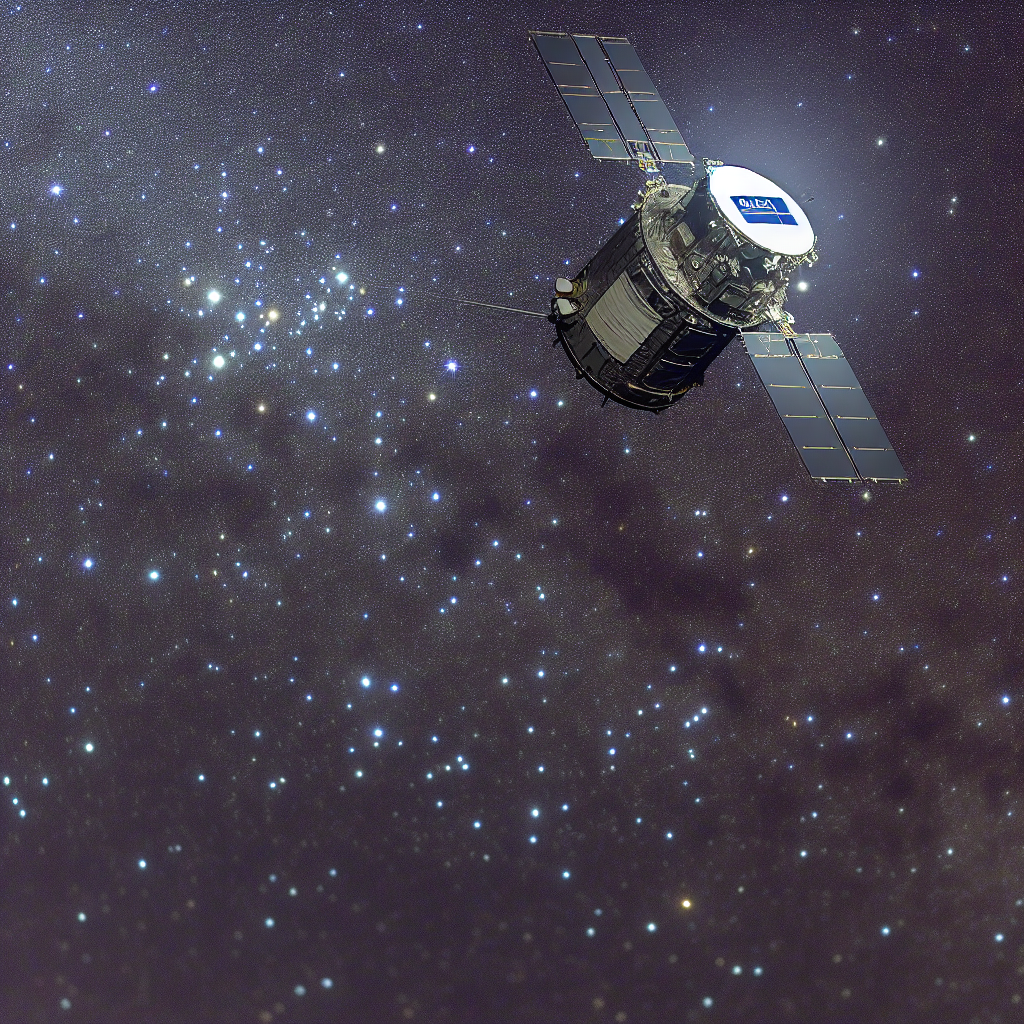
In the rapidly evolving world of satellite internet, Starlink, spearheaded by Elon Musk’s SpaceX, has revolutionized global connectivity. However, controversies have arisen, particularly around alleged outages tied to geopolitical tensions. This article delves into a notable incident involving a Starlink “outage” during the Russia-Ukraine war, exploring its causes, Musk’s decisions, and broader implications for technology in conflict zones. We’ll examine the system’s mechanics and the ethical dilemmas faced by private tech leaders.
Understanding Starlink: Revolutionizing Internet Access
Starlink is a constellation of thousands of low-Earth orbit satellites developed by SpaceX to provide high-speed, low-latency internet worldwide, especially in underserved areas. Unlike traditional geostationary satellites, Starlink’s network operates at altitudes of about 550 kilometers, enabling faster data transmission with latencies as low as 20 milliseconds. This design allows for global coverage, beaming signals directly to user terminals—dish antennas that automatically align with overhead satellites.
The system’s resilience stems from its mesh network architecture, where satellites communicate via laser links, rerouting data dynamically to avoid disruptions. By mid-2024, over 6,000 satellites were in orbit, serving millions of users. In regions like rural America or remote islands, Starlink has bridged digital divides, supporting everything from telemedicine to online education. However, its deployment in conflict areas, such as Ukraine, highlights both its potential and vulnerabilities, setting the stage for incidents where service interruptions raise questions about control and neutrality.
The Controversial Starlink Outage in the Ukraine Conflict
One of the most discussed “outages” occurred in 2022 amid Ukraine’s counteroffensive against Russian forces in Crimea. Reports, later detailed in Walter Isaacson’s biography of Elon Musk, revealed that Musk directed SpaceX to deny a Ukrainian request to activate Starlink over Russian-occupied territories for a drone attack on a naval fleet. This decision effectively created an outage in that region, preventing the satellites from supporting the military operation.
Technically, Starlink wasn’t “turned off” globally but geofenced to comply with U.S. sanctions and Musk’s concerns over escalating the conflict. Musk feared that enabling the attack could provoke nuclear retaliation from Russia, stating on social media that Starlink was meant for civilian use, not warfare. This incident exposed the dual-use nature of the technology: while it provided vital communication for Ukrainian civilians and troops elsewhere, selective restrictions underscored the power private entities hold over critical infrastructure. Critics accused Musk of overstepping, while supporters praised his caution in a volatile geopolitical landscape.
Elon Musk’s Role and Future Implications
Elon Musk, as SpaceX’s CEO, has been deeply involved in Starlink’s operations, often communicating directly via X (formerly Twitter) about decisions. In response to the Crimea incident, he emphasized that Starlink’s terms prohibit military use without approval, leading to the launch of Starshield—a variant tailored for government and defense applications. This move aims to separate civilian and military functionalities, addressing ethical concerns.
Beyond this, Musk’s influence raises questions about accountability. Governments, including the U.S., have funded Starlink terminals for Ukraine, yet ultimate control rests with SpaceX. Future outages—whether technical, like the global disruption in May 2024 caused by network overload, or deliberate—could impact international relations. As Starlink expands, integrating AI for better outage prediction and redundancy, it prompts debates on regulating private tech in global security, ensuring innovation doesn’t inadvertently fuel conflicts.
In summary, Starlink’s innovative satellite network has transformed connectivity but faced scrutiny through incidents like the 2022 Crimea “outage,” where Elon Musk’s decisions highlighted tensions between technology, ethics, and geopolitics. While providing essential services in crises, such events underscore the need for clear guidelines on private involvement in warfare. Readers should consider how these technologies shape our world, advocating for balanced oversight to harness their benefits without unintended consequences.